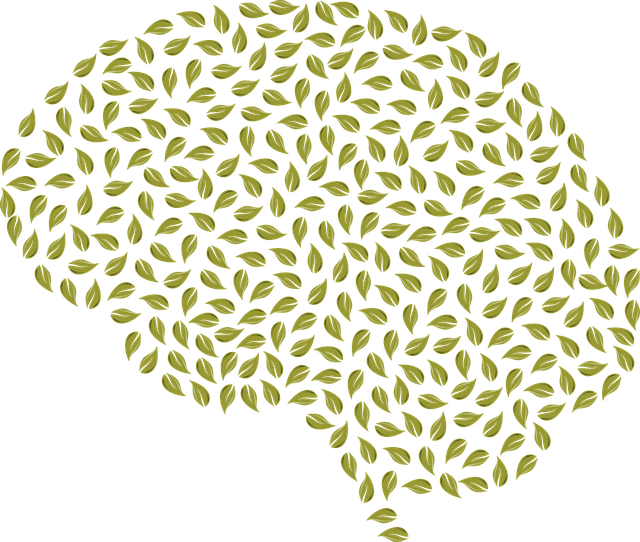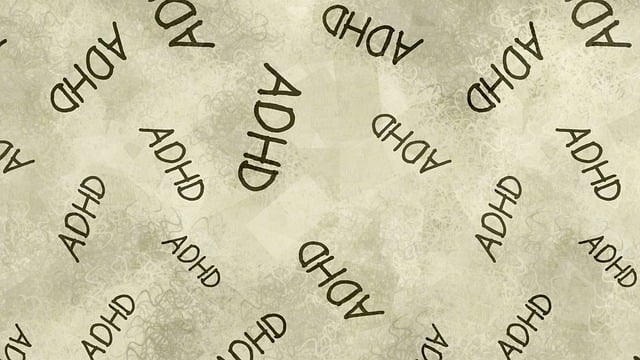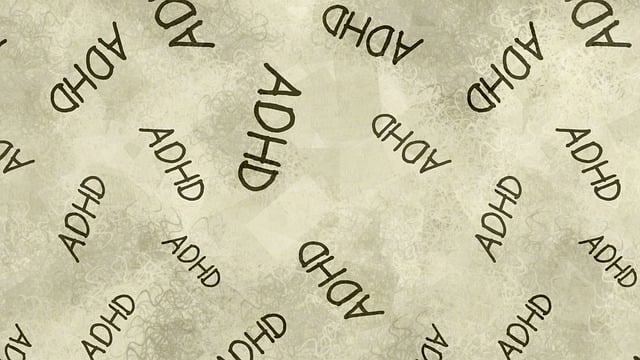Resilience, fostered through Superior Parenting Skills Therapy (RFM), is crucial for children's emotional development in a fast-paced world. RFM combines scientific understanding with empathy, offering exercises like mindfulness meditation, self-care routines, and empathy building to strengthen family relationships. Effective parenting skills, tailored to cultural sensitivity and socio-economic factors, equip kids to view challenges as opportunities, enhancing emotional intelligence and decision-making. Measuring success through behavioral changes, mental health awareness, and proactive coping strategies ensures the therapy's long-term benefits for healthier families.
“Unleash your child’s inner strength with RFM (Resilience, Flexibility, and Mastery) therapy—a game-changer in superior parenting skills. This comprehensive guide explores how RFM can empower children to navigate life’s challenges with resilience. From understanding the impact of early resilience-building to designing engaging exercises, we provide a step-by-step approach. Learn practical strategies to implement at home, ensuring your child develops robust emotional intelligence and coping mechanisms. Discover the power of RFM in fostering a thriving and resilient family.”
- Understanding Resilience and its Impact on Children
- The Role of RFM in Parenting: A Comprehensive Guide
- Designing Effective Resilience-Building Exercises
- Implementing RFM Strategies at Home: Practical Tips for Parents
- Measuring Success: Evaluating the Effectiveness of RFM Therapy
Understanding Resilience and its Impact on Children

Resilience is a vital asset for children to navigate life’s challenges and develop into emotionally strong individuals. It enables them to bounce back from setbacks, adapt to change, and maintain a positive outlook in the face of adversity. Understanding resilience goes beyond merely coping; it involves fostering a sense of self-efficacy, optimism, and emotional agility. Superior parenting skills play a pivotal role in cultivating this trait, as parents can guide their children to view challenges as opportunities for growth rather than insurmountable obstacles.
Through effective communication, encouragement, and the provision of safe spaces, parents can help their children develop superior parenting skills therapy that equips them with crisis intervention guidance. Cultural sensitivity in mental healthcare practice is also essential, ensuring that interventions are tailored to each child’s unique background and experiences. Healthcare provider cultural competency training enables professionals to offer inclusive support, recognizing that resilience is influenced by personal and community factors, including socio-economic status, cultural beliefs, and access to resources.
The Role of RFM in Parenting: A Comprehensive Guide

In today’s fast-paced world, effective parenting is more important than ever for fostering healthy development in children. RFM (Resilience, Flexibility, and Mindfulness) offers a comprehensive framework that can significantly enhance superior parenting skills. By integrating RFM practices into daily routines, parents can support their children’s emotional well-being and resilience. This involves teaching young ones coping skills development through mindful meditation techniques to manage moods effectively.
RFM parenting promotes flexibility in thinking and behavior, enabling kids to navigate challenges and adapt to change. Mindfulness meditation, as a core component, helps children stay present, reducing anxiety and improving focus. Through regular practice, they learn to observe their thoughts and emotions without judgment, fostering emotional intelligence. This, in turn, enhances their ability to manage moods, leading to better decision-making and stronger relationships within the family.
Designing Effective Resilience-Building Exercises

Designing effective resilience-building exercises is an art that combines scientific understanding with a deep empathy for human experience. In the context of Superior Parenting Skills Therapy, these exercises are tailored to help individuals and families navigate life’s challenges with greater fortitude. The process begins by identifying specific areas where resilience is needed, whether it’s managing stress, coping with trauma, or enhancing communication. For instance, incorporating Self-Care Routine Development for Better Mental Health can be a powerful tool; encouraging regular practices like mindfulness, exercise, and quality sleep lays the foundation for mental well-being.
Mental Health Policy Analysis and Advocacy plays a crucial role in designing resilient communities. By understanding broader societal factors that impact mental health, therapists can advocate for policies that promote resilience at a population level. Additionally, Empathy Building Strategies are essential components of these exercises as they foster deeper connections between individuals, reinforcing the sense of belonging and support—a cornerstone of resilience. Through a combination of personal growth activities and community engagement, resilience-building exercises become transformative experiences that empower participants to lead more fulfilling lives.
Implementing RFM Strategies at Home: Practical Tips for Parents

Implementing RFM (Resilience, Flexibility, and Mindfulness) strategies at home can significantly enhance your parenting skills and foster a healthier family environment. Start by integrating simple practices into daily routines. Encourage positive thinking through age-appropriate conversations about emotions, helping kids identify and express feelings effectively. This builds emotional intelligence, a vital skill for resilience.
For instance, introduce mindfulness meditation or short breathing exercises during moments of calm to teach present-moment awareness. Also, encourage self-care routine development for better mental health. Simple acts like designated ‘me time’ for parents and regular family activities can strengthen bonds and promote flexibility in navigating life’s challenges together. These practices contribute to superior parenting skills, creating a more resilient and harmonious home.
Measuring Success: Evaluating the Effectiveness of RFM Therapy

Measuring success is a critical aspect of any therapy implementation, especially when it comes to Superior Parenting Skills Therapy (RFM). Evaluating the effectiveness of RFM involves assessing changes in parental behaviors and their impact on child outcomes. This process includes tracking improvements in parenting techniques that enhance mental health awareness and promote resilience, particularly among vulnerable populations. By measuring these changes, therapists can ensure the therapy aligns with its intended goals, fostering better family dynamics and, ultimately, improving mental wellness.
The success of RFM is not solely gauged by the reduction of symptoms but also by the development of proactive coping strategies. Therapists should look for signs of enhanced problem-solving skills, improved emotional regulation, and increased positive interactions within the family unit. These changes contribute to depression prevention by building resilience in both parents and children, equipping them with tools to navigate life’s challenges more effectively. Regular assessments and open communication between therapists and clients are essential to refining the therapy process and ensuring its long-term benefits for mental health awareness and overall well-being.
Resilience is a vital skill for children to navigate life’s challenges, and the RFM (Recovery, Flexibility, Mastery) approach offers a powerful framework. By integrating resilience-building exercises into parenting practices, adults can empower kids to develop superior skills that will serve them well throughout their lives. This comprehensive guide highlights the significance of fostering resilience, providing practical strategies for parents to implement at home. With consistent effort and measurement against established therapy metrics, RFM therapy can profoundly impact children’s ability to thrive in a dynamic world.











